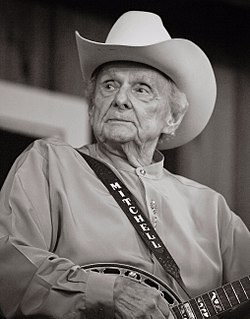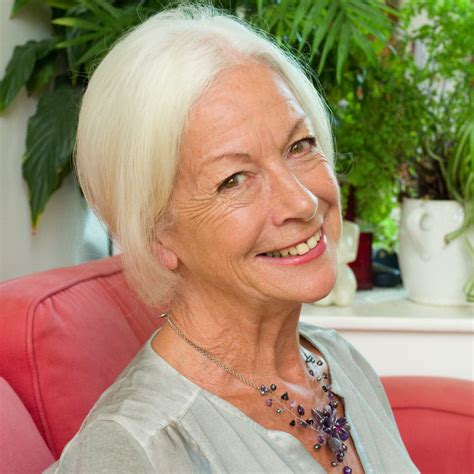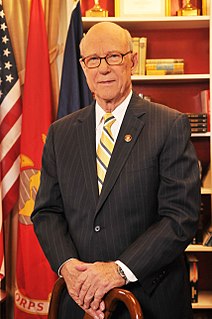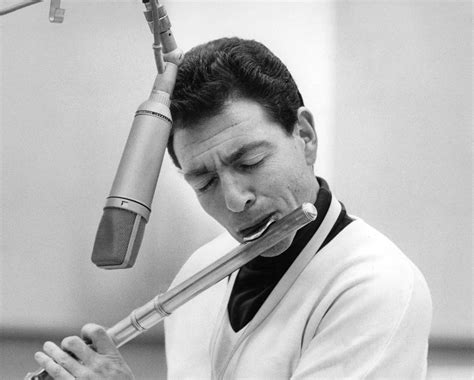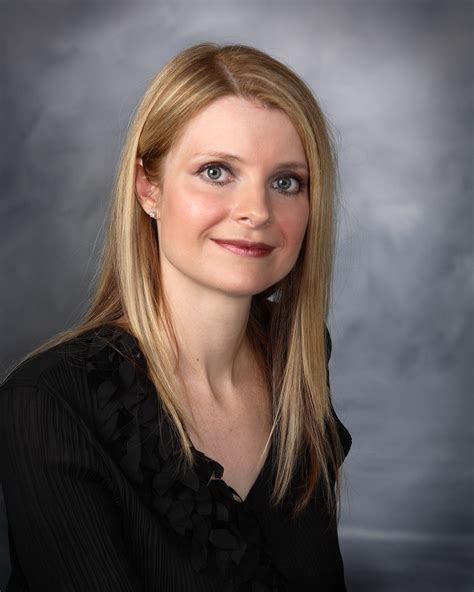A Quote by Pierre Schaeffer
First, it doesn't surprise me that traditional music has experienced a kind of exhaustion in the 20th century - not forgetting that many musicians started to look outside the traditional structures of tonality.
Related Quotes
I obviously read and adore traditional fiction. I teach traditional fiction, I also teach all kind of not-so-traditional fiction. And since I'm such a plot buff, and I'm really such a narrative buff, I can't seem to relinquish my - not just reliance - but excitement about those traditional techniques.
If you want to get an interesting perspective do not think of Hugh as a traditional 20th century physicist but more of a Renaissance man with interests and skills in many different areas. He was smart and lots of things interested him and he brought the same general conceptual methodology to solve them. The subject matter was not so important as the solution ideas.
You're always as a musician trying to shock yourself or create music that's maybe even too weird for your own taste. In my case it's kind of weird because I started out being known more for ambient things and ambiguous music, but what's experimental for me is the more traditional structure. For me, experimenting involves traditionalism.



